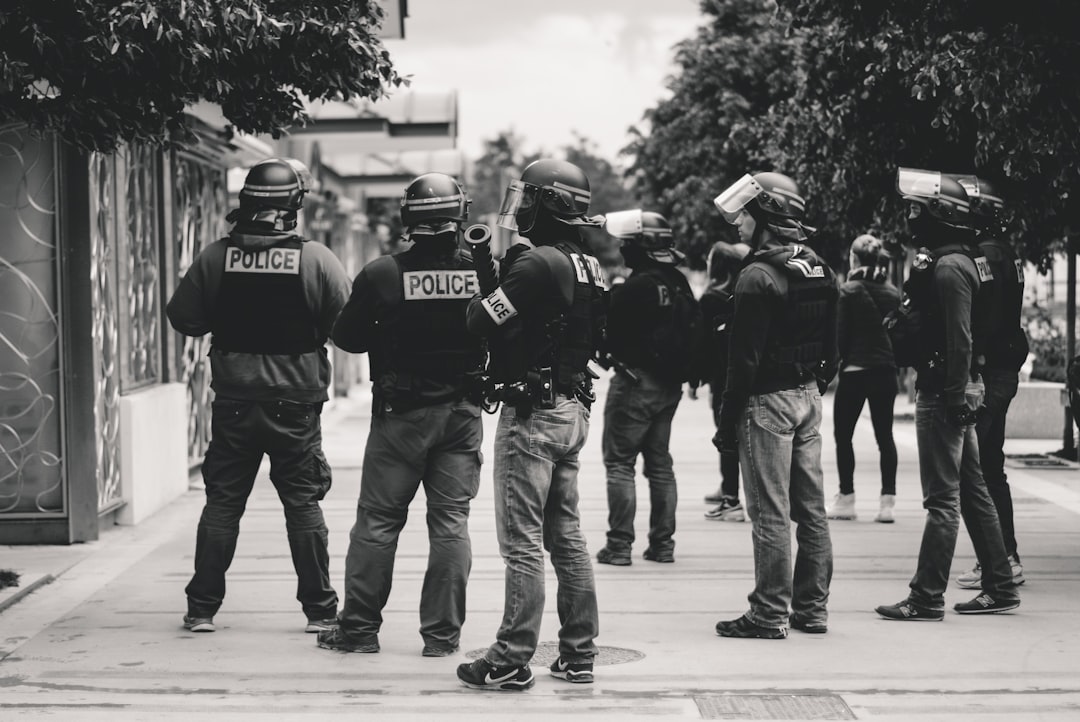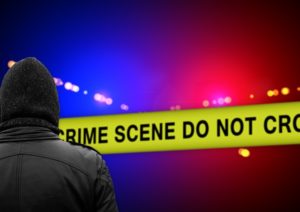The Bureau of Alcohol, Tobacco, Firearms and Explosives (ATF) employs a large number of special agents to carry out its mission.
In this blog post, we will take a closer look at the role that these agents play in the agency, and discuss some of the challenges they face on a daily basis. Stay tuned for more information!
What Exactly is The ATF?
The ATF is a federal law enforcement agency that is responsible for investigating and preventing crimes involving alcohol, tobacco, firearms, and explosives. The agency also regulates the manufacture and sale of these products.
ATF agents are specially trained to investigate these types of crimes. They often work undercover and use sophisticated investigative techniques to build cases against criminals.
The agency is headquartered in Washington, D.C., and has field offices across the country.
So, How Many Special Agents Are Employed by The ATF?
According to the ATF special agent website, there are 1,714 special agents posted across 25 field divisions, hundreds of field and satellite offices, and overseas locations as of December 2019.
This number has likely changed in 2026, as the agency has continued to hire new agents. In fact, the ATF is currently accepting applications for special agent positions.
If you are interested in becoming an ATF special agent, you can learn more about the application process on their website.
What Are The Challenges That Special Agents Face?
As we mentioned before, ATF agents often work undercover and use sophisticated investigative techniques to build cases against criminals. This can be a dangerous job, and agents must always be on the lookout for potential threats.
In addition, ATF agents often work long hours and travel frequently. This can make it difficult to maintain a healthy work-life balance.
Despite these challenges, ATF agents are dedicated to keeping our communities safe from alcohol, tobacco, firearms, and explosives-related crime. We are grateful for their service!
What is the role of a special agent in the ATF?
ATF special agents are tasked with investigating violations of federal firearms, explosives, and arson laws.
In addition to conducting criminal investigations, special agents also work to prevent acts of terrorism and to support the Bureau’s efforts to reduce violent crime.
In order to be successful in these efforts, ATF special agents must be highly trained and skilled in a variety of areas.
They must be able to gather and analyze evidence, interview witnesses, and prepare comprehensive reports.
They must also be able to develop informants and conduct surveillance. In addition, they must have a thorough understanding of the law and be able to effectively communicate with prosecutors.
By working diligently to uphold the law, ATF special agents play an essential role in keeping our communities safe.
How does the ATF use technology to assist its agents in their work?
The ATF uses a number of different technologies to assist its agents in their work. These include:
Automated Firearms Identification:
This technology allows agents to quickly and accurately identify the make, model, and caliber of a firearm.
This is essential for trace investigations, as it can help to determine where a gun was purchased and who might have sold it.
Ballistic Imaging:
Ballistic imaging technology can be used to match bullets recovered from crime scenes with those fired from a particular gun.
This can help to link a gun to a crime, even if the serial number has been removed.
NIBIN:
The National Integrated Ballistics Information Network (NIBIN) is a database that contains images of fired bullets and cartridge cases.
By entering data from recovered evidence, agents can search for matches and generate leads in active investigations.
ATF Explosives Trace Portal:
The ATF Explosives Trace Portal is a web-based tool that allows agents to submit samples of recovered explosives for analysis.
This information can then be compared with samples from known explosives to help identify the type of explosive used in a particular incident.
What is the future of the ATF and its special agents?
The ATF is charged with enforcing federal criminal laws and regulating the firearms and explosives industries.
The agency has come under fire in recent years for its handling of some high-profile cases, but it remains an important law enforcement agency with a broad mandate.
The future of the ATF will likely see the agency continue to focus on its core mission of investigating and preventing acts of terrorism, drug trafficking, and violent crime.
The agency is also likely to continue to play a role in regulating the firearms industry, particularly in light of recent mass shootings.
While the ATF may face some challenges in the years ahead, it is likely to remain an important part of the federal law enforcement landscape.






